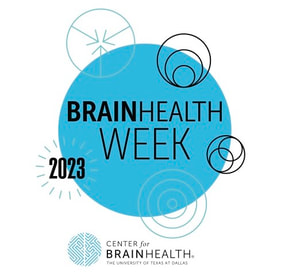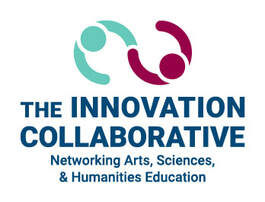 The Collaborative recently participated as a Community Partner in the highly successful BrainHealth Week sponsored by the University of Texas at Dallas Center for BrainHealth. Held February 20-24, BrainHealth Week was a free of charge five-day interactive event where people of all ages were shown how to build habits that promote a healthier brain and improve the trajectory of their lives. This included both in-person and virtual experiences with expert speakers, engaging activities, and access to brain health habits that can become part of one’s daily routine. The Center for BrainHealth’s Chief Director, Sandi Chapman, PhD, is the Collaborative’s Neuroscience Research Thought Leader who, along with three other Thought Leaders, help lead the Collaborative’s work conceptually. Through Sandi, the Collaborative’s work centers on vital research-based thinking skills that the Collaborative shares with students and teachers across the US. According to the Center for BrainHealth, “cognitive neuroscience suggests that the trend of worsening brain outcomes, such as decline, disease, mental health disorders, despair, loneliness, and brain fog can be reversed. Healthier brain habits can change this. Intelligence, memory, cognitive function, and even mental health can be impacted by how we protect and train our brains. In a groundbreaking study of 187 adults of all ages, 80% saw an improvement in their BrainHealth index scores (a scientifically validated measure the of the brain’s holistic health and fitness). Participants who engaged the most with proactive brain health strategies experienced the largest gains.” The cognitive neuroscience conducted at the Center for BrainHealth and other leading research institutes around the world clearly demonstrates that our brain’s health and performance can be affected by daily, proactive practices. When talking about Brain Health Week, Sandi said, “At the Center for BrainHealth, we are uniquely devoted to discovering and applying the latest scientific findings about the brain’s ability to change based on how we use it.” She added, “What good is science if people don’t know how to use it to make their lives better”? You can find out more about how you can maximize your brain’s capacities at BrainHealth.
0 Comments
Your comment will be posted after it is approved.
Leave a Reply. |
